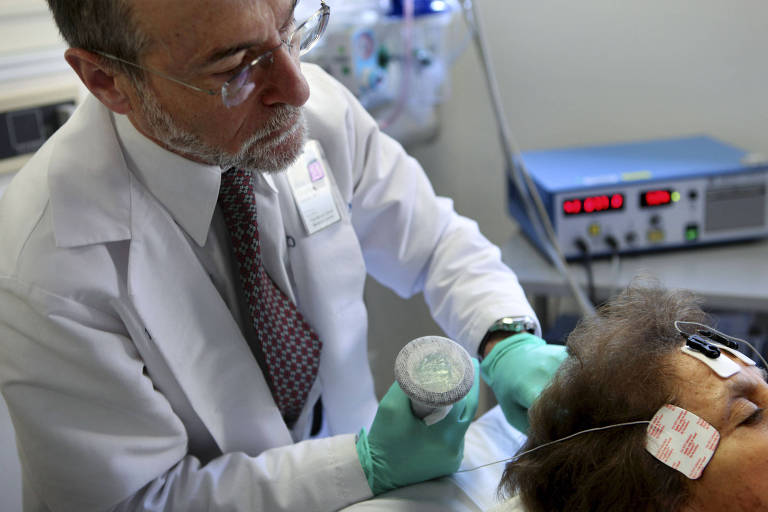Health minister Luiz Henrique Mandetta said on Monday (11th) that the purchase of electroconvulsive therapy equipment for the public health system has yet to be discussed by the new administration. But he said he didn’t think the procedure should be blackballed.
“I’ll leave the discussion for the ministry’s mental health specialists. But I wouldn’t veto it. It’s not up to the government to forbid or bring ideology into this matter,” he said.
He said he would follow the guidelines established by the Brazilian medical council, that has allowed the use of electroconvulsive therapy (also known as electroshock) for certain conditions since 2002. “If the procedure exists and it has its applications, I can’t forbid it.”
The equipment purchase was authorized by the then national coordinator for mental health, Quirino Cordeiro, who left the ministry last week. Cordeiro will take over campaigns to fight drug addiction at another government department.
In his memo, when authorizing the very controversial purchase, Quirino mentions last year’s new mental health public policy, which included keeping more beds open in psychiatric hospitals and increase the amount paid per patient.
“We need to offer the best mental health treatment available for the Brazilian population. One example is electroconvulsive therapy,” Quirino wrote. He followed by advising that the therapy should be available for patients “who present specific severe mental health issues that didn’t respond to other treatments.”
“They said we are going back to the Middle Ages, but I’m not crazy. There are cases in which established protocols recognize it as a treatment alternative.”
The minister also said that all interested parties within the government had not yet cleared the memo. “It was a position taken by that particular division,” he said. But he agrees with it. “Even if it’s his memo, science needs to be discussed within science,” he said.
Translated by NATASHA MADOV
